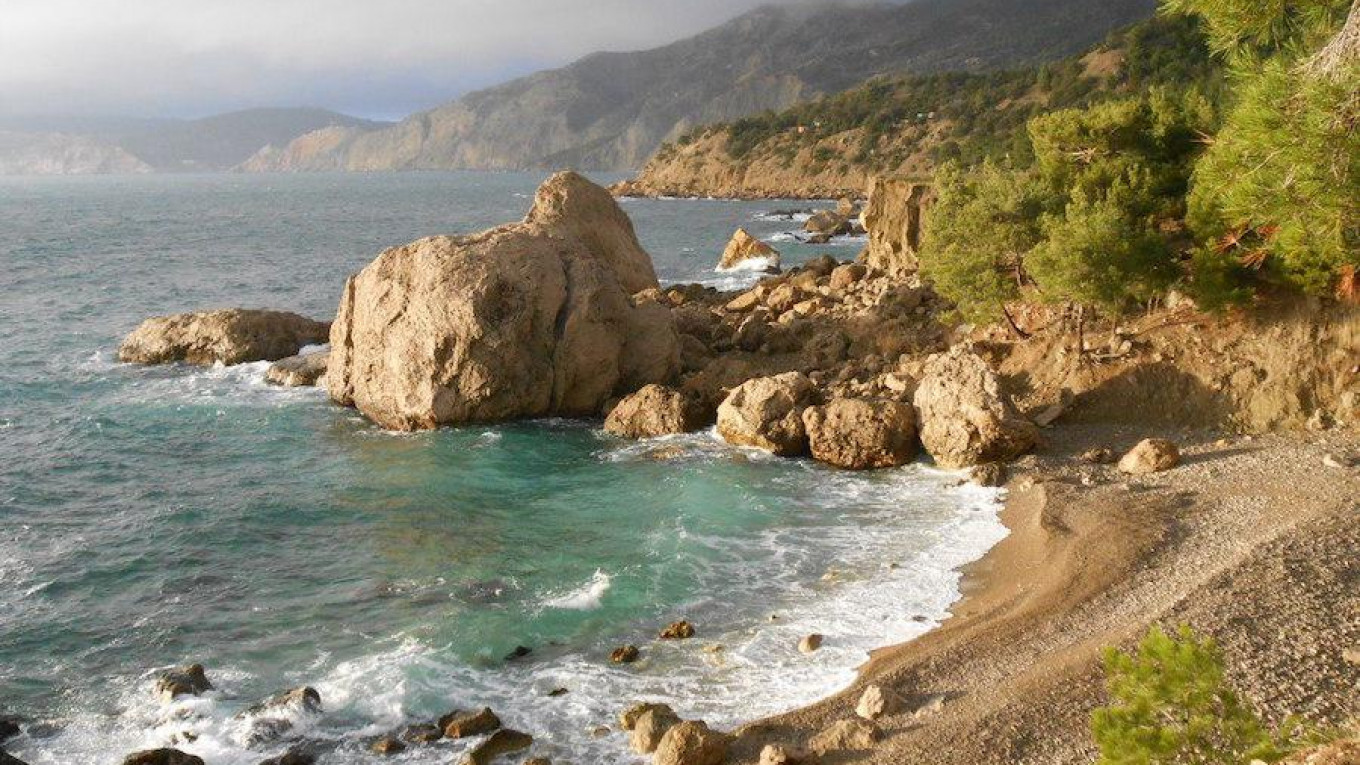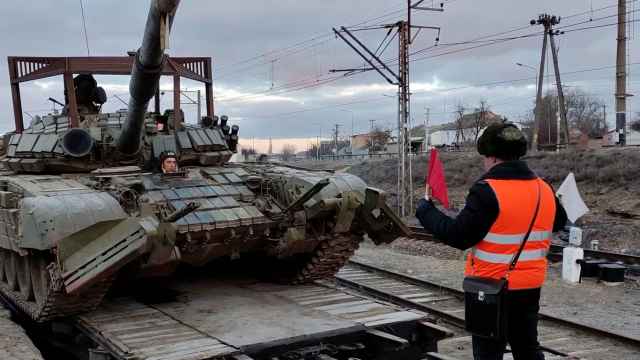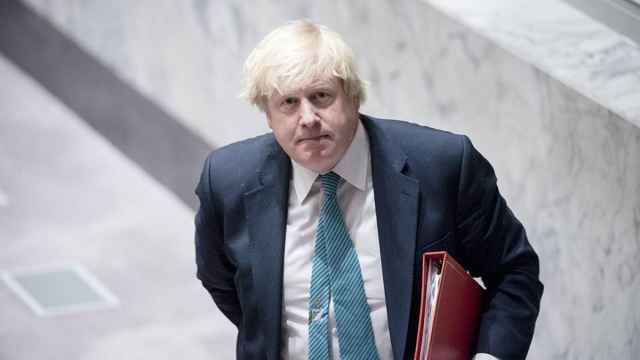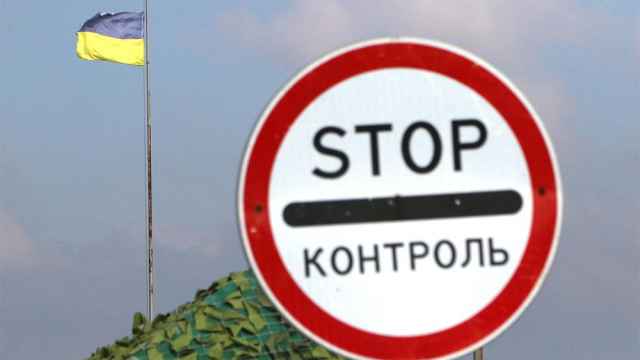The British historian at the heart of the latest diplomatic spat to hit Russia and Ukraine has accused both sides of “greatly exaggerating” his contentious trip to Crimea for propaganda purposes.
A war of words exploded between Russian and Ukrainian officials after a team of three British historians and archeologists visited the annexed peninsula last week.
While Crimeans lauded the trip as a sign that European tourists were returning to the annexed peninsula, the Ukrainian Embassy in the UK denounced the trip as illegal.
One of the men at the heart of the debate said that the issue has been “overblown” – and that both Crimea and Kiev had used the trip to suit their own political needs.
“There’s distortion on both sides,” historian Neil Faulkner told The Moscow Times. He said that delegation had only just begun to investigate possible dig sites for archaeological research in the area.
“It seems that Russia used the trip as its propaganda, and then Ukraine used it for its own propaganda in response," Faulker said. "I understand why that happened. But we are not a party to this ‘neo-Cold War’, or this proxy war, which is what the conflict in Ukraine is.”
Faulkner added that the group had hoped to establish contacts with Russian officials during the trip, but that any final agreement was still a long way off. “It’s going to be very difficult for us to get backing while sanctions are in place,” he said.
The historian did confirm that the Russian press had mistakenly named the other two men on the trip – Patrick Mercer and Roger Ward – as academics linked to University of Bristol. Neither are linked to the academic institution.
Faulkner also denied telling Russian media that the University of Bristol was ready to back the project. He said while he hoped the university would back the project when their proposals were finalized, “no formal agreement was in place.”
In a statement, the University of Bristol confirmed that they were not linked to any planned project. “We can confirm that the University of Bristol is not planning any work or partnership in Crimea related to excavations linked with the Crimean War and that the gentlemen pictured in Russian media are not academics from the University of Bristol,” said spokesperson Richard Cottle.
Crimean officials meanwhile, are still launching pointed comments at their Ukrainian counterparts. The peninsula's chief of tourism, Alexey Chernyak, who personally greeted the academics outside the regional parliament, has vowed that the research project will take place. “No [Ukrainian] protests or threats will not stop these British archaeologists, who were warned to expect a possibly aggressive action from Ukraine before setting foot on Crimean soil,” he said.
A Message from The Moscow Times:
Dear readers,
We are facing unprecedented challenges. Russia's Prosecutor General's Office has designated The Moscow Times as an "undesirable" organization, criminalizing our work and putting our staff at risk of prosecution. This follows our earlier unjust labeling as a "foreign agent."
These actions are direct attempts to silence independent journalism in Russia. The authorities claim our work "discredits the decisions of the Russian leadership." We see things differently: we strive to provide accurate, unbiased reporting on Russia.
We, the journalists of The Moscow Times, refuse to be silenced. But to continue our work, we need your help.
Your support, no matter how small, makes a world of difference. If you can, please support us monthly starting from just $2. It's quick to set up, and every contribution makes a significant impact.
By supporting The Moscow Times, you're defending open, independent journalism in the face of repression. Thank you for standing with us.
Remind me later.







